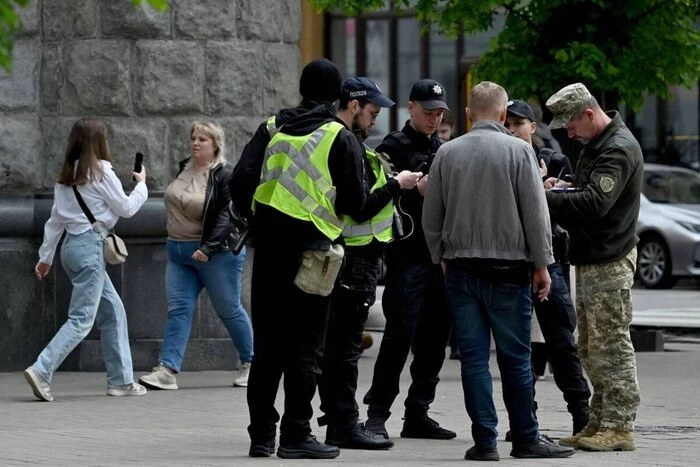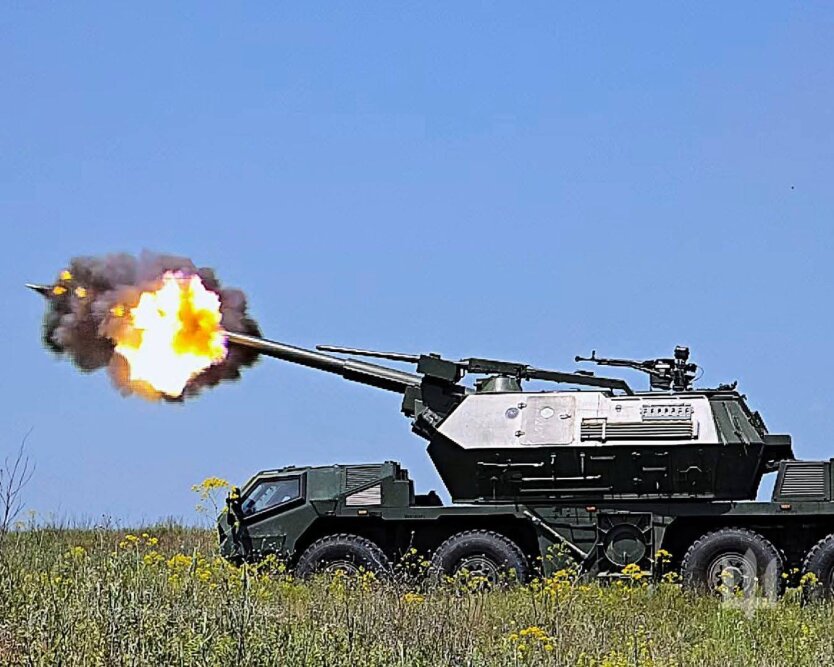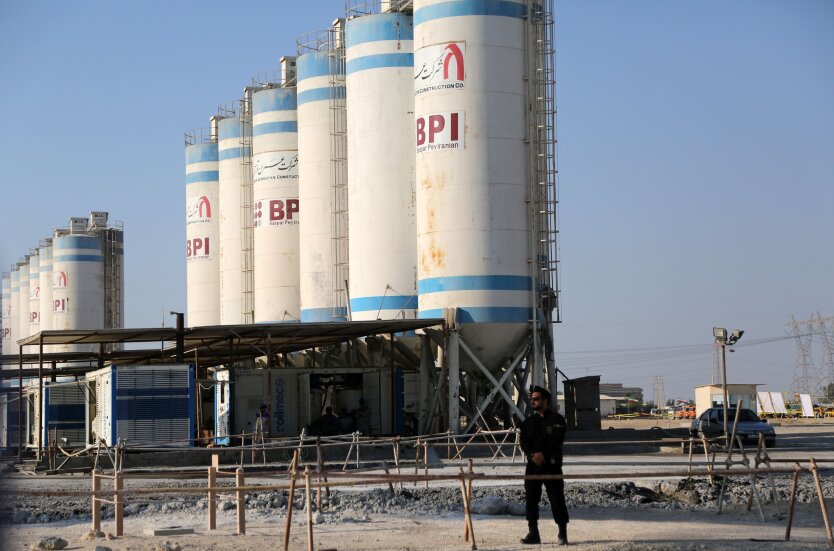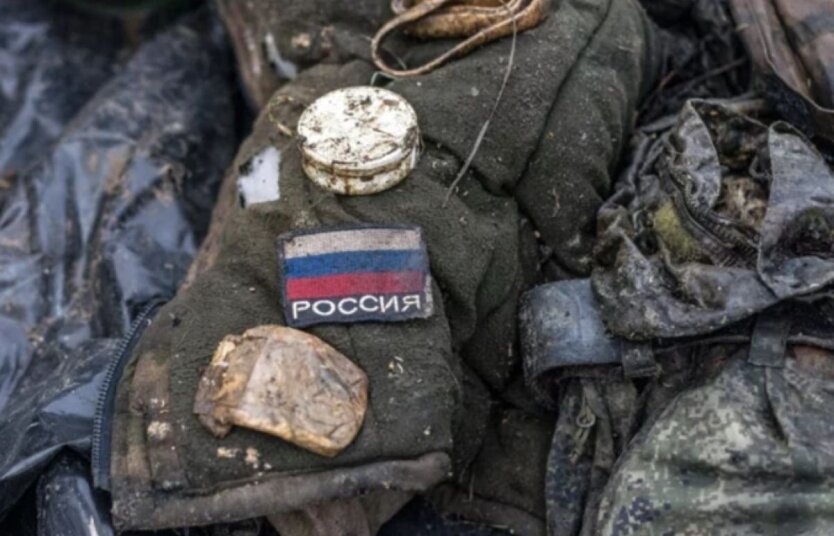Naftogaz explained how sanctions against 'Lukoil' affected the transit of oil to Hungary and Slovakia.

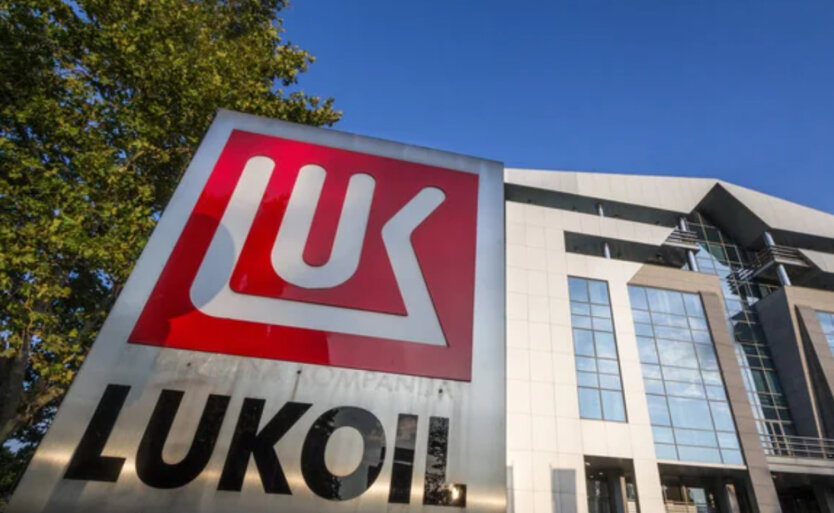
Naftogaz supplies oil to Hungary and other countries, ignoring sanctions
CEO of NJSC 'Naftogaz' Oleksiy Chernyshov reported that the volumes of oil supply to Hungary, Slovakia, and the Czech Republic have remained stable, despite the sanctions imposed by Ukraine on the transit of the Russian company 'Lukoil'.
He mentioned this in an interview with NV.
Although Ukraine has imposed sanctions against 'Lukoil', the volumes of oil deliveries have remained unchanged. Refineries in Hungary, Slovakia, and the Czech Republic continue to receive the required amount of raw materials.
The volume of oil deliveries was not changed during July, indicating stability in supply. Ukraine adheres to the oil transit agreement between 'Ukrtransnafta' and 'Transnafta' despite the imposed sanctions.
Chernyshov also noted that although the volumes of deliveries remain unchanged, the structure of oil ownership might differ. This means that Ukraine is finding a way to continue the transit of oil while adhering to its sanction limitations.
The implementation of sanctions against 'Lukoil' raised concerns in some European countries, but the Hungarian threat to block military aid from the EU was dismissed. Slovakia and Hungary have expressed their concerns regarding oil supply, but the requests from these countries for consultations were rejected by the European Commission.
Read also
- The Anti-Corruption Prosecutor Mocked Vice Prime Minister Chernyshov (Photo)
- Deputy Prime Minister Chernyshov has been informed of suspicion: NABU revealed the details of the case
- Minister Chernyshov returned to Ukraine after wave of rumors about his escape


